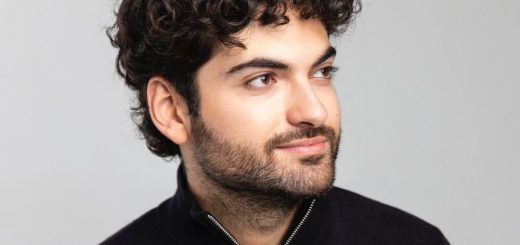Ana María Bordas Appointed Head of Eurovision’s Power Committee – Spain Now Calling the Shots

Spain has officially gone from “12 points” to top brass at Eurovision. Ana María Bordas, one of the most seasoned executives in Spanish broadcasting, has been appointed President of the Eurovision Song Contest Reference Group – the ultimate decision-making body behind the glitter, high notes and questionable staging choices.
For the first time in the contest’s seven-decade history, Spain (via RTVE) will be sitting at the helm of the EBU’s supervisory board, pulling the levers of power for the next two years. The move signals not only Spain’s comeback to the inner circle of Eurovision governance but also a strategic step forward in shaping the future of the contest.
From Junior Exec to Eurovision Queenpin
Bordas is no newcomer to the Eurovision world. She’s been head of Spain’s delegation since 2017 and has juggled more titles than a Eurovision host trying to remember every country’s “douze points”. Her CV includes stints as the Executive Producer of Junior Eurovision 2024 in Madrid, Vice-President of the EBU’s TV Committee, and Director of Content at RTVE. Rumour has it, she once reorganised an entire broadcast schedule with just a biro and a coffee.
Now, she’ll chair the group responsible for everything from budget approval to deciding whether pyrotechnics and wind machines are strictly necessary. Spoiler: they always are.
Martin Green Tips His Hat
Martin Green, Executive Supervisor of the Eurovision Song Contest, welcomed Bordas with what can only be described as British restraint and genuine admiration. “It’s a pleasure to have someone with Ana María’s experience and vision leading the Reference Group,” he said, probably while sipping Earl Grey. “With Eurovision approaching its 70th birthday, we’re lucky to have her at the wheel.”
So, What’s Next?
As the Reference Group gears up for Eurovision 2026 in Austria, Bordas promises a collaborative approach. “I hope to work closely with all participating members to strengthen the brand,” she said. “This is a milestone year and an opportunity to reinvent the contest with fresh ideas.”
With a woman like Bordas steering the ship, and Spain more embedded than ever in the Eurovision engine room, we may be looking at the beginning of a new era — and perhaps, at long last, the end of awkward staging, bland interval acts, and voting algorithms that require a PhD.
One thing is certain: Eurovision’s future just got a little more olé.
Source: RTVE


